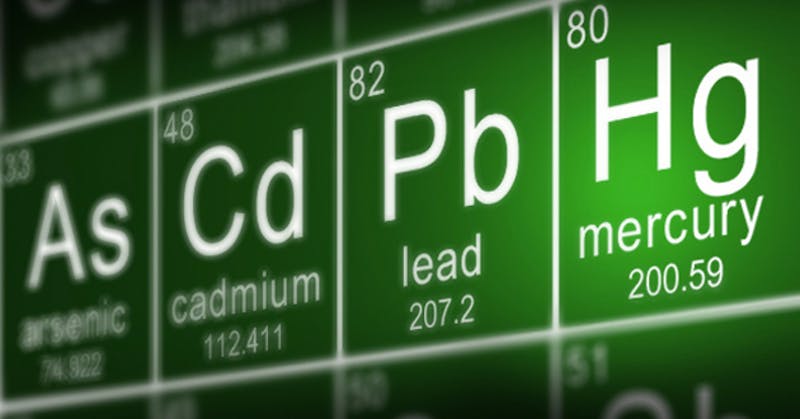USP Toxic Element Profiling in Dietary Supplements
The USP <233> chapter on Toxic Element Profiling is a critical guideline that ensures dietary supplements are free from hazardous levels of toxic elements such as arsenic, cadmium, lead, and mercury. This service plays a pivotal role in the quality assurance process by identifying any potential safety risks associated with these elements.
The testing procedure involves several steps: sample preparation, analysis using advanced instrumentation like Inductively Coupled Plasma Mass Spectrometry (ICP-MS), and interpretation of results against USP <233> thresholds. This process ensures that dietary supplements meet the stringent requirements set forth by regulatory bodies.
For quality managers and compliance officers, this service is essential for maintaining product integrity and ensuring consumer safety. R&D engineers can leverage it to innovate safer formulations while procurement teams ensure suppliers adhere to these standards. Proper execution of USP <233> profiling helps in reducing the risk of recalls and legal issues.
The procedure starts with thorough sample preparation, including digestion techniques that break down complex matrices into simpler compounds for accurate measurement by ICP-MS. The analysis focuses on detecting trace amounts of toxic elements which may be present at concentrations as low as parts per billion (ppb).
Interpretation of results involves comparing the measured levels against USP <233> thresholds, ensuring that no element exceeds permissible limits. This approach not only safeguards public health but also enhances brand reputation and consumer trust.
The significance of this testing cannot be overstated in today's market where dietary supplements are increasingly scrutinized for safety and efficacy. Regulatory compliance is crucial to avoid penalties and maintain a positive business image. By adhering to USP <233>, companies demonstrate their commitment to producing safe, high-quality products.
The testing process requires expertise in sample preparation, a robust analytical platform like ICP-MS, and stringent quality controls throughout the procedure. This ensures reliable data that can be used for informed decision-making. For those looking to integrate this service into their workflow, it is recommended to consult with experienced professionals who understand both the technical aspects and regulatory requirements.
Applied Standards
| Standard Reference | Description |
|---|---|
| USP <233> | Guideline for the profiling of toxic elements in dietary supplements. |
| ISO 17025 | Absence of bias and precision in analytical methods used. |
| ASTM E3649-18 | Standard practice for sample preparation techniques. |
International Acceptance and Recognition
USP <233> Toxic Element Profiling is widely recognized across the global pharmaceutical and dietary supplement industries. Regulatory bodies in countries like the European Union, Canada, and Australia have incorporated USP standards into their own guidelines, making this service essential for companies exporting to these markets.
The acceptance of these tests underscores the importance of ensuring product safety on an international scale. Compliance with such standards is not only a regulatory requirement but also a demonstration of a company's commitment to quality and safety.
Recognition by leading organizations like the World Health Organization (WHO) further solidifies the significance of this service in maintaining global health standards. By adhering to these guidelines, companies can ensure their products meet international expectations and are safe for consumption worldwide.
Competitive Advantage and Market Impact
In an increasingly competitive market, ensuring product safety is not just a compliance requirement but also a strategic advantage. By offering USP <233> Toxic Element Profiling services, laboratories can differentiate themselves by providing reliable data that supports regulatory compliance.
This service helps companies stay ahead of potential recalls and legal issues, thereby protecting their brand reputation and market position. For quality managers and compliance officers, this means reduced risk exposure and enhanced operational efficiency. R&D engineers benefit from the ability to innovate safer products while procurement teams can ensure reliable suppliers.
The demand for safe, high-quality dietary supplements is growing, driven by increased health consciousness and awareness of product safety issues. Companies that invest in robust quality assurance processes, including USP <233> profiling, are well-positioned to meet this demand and capitalize on market opportunities.
By demonstrating a commitment to regulatory compliance and product safety, companies can build trust with consumers and regulators alike. This trust is crucial for maintaining long-term relationships and ensuring sustained growth in the dietary supplement industry.





